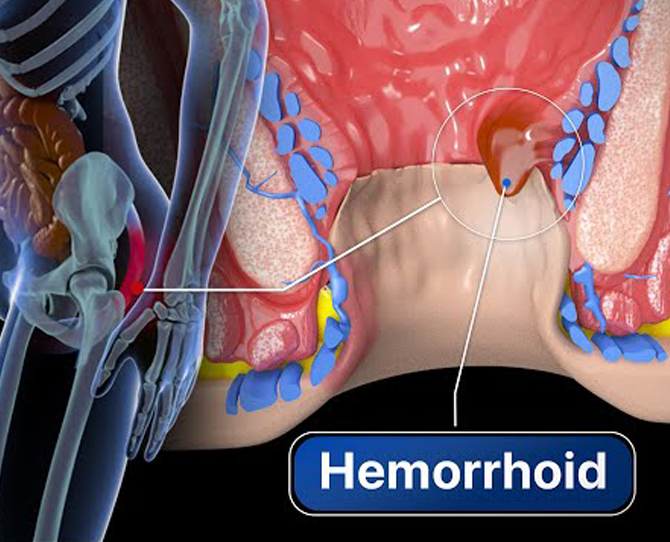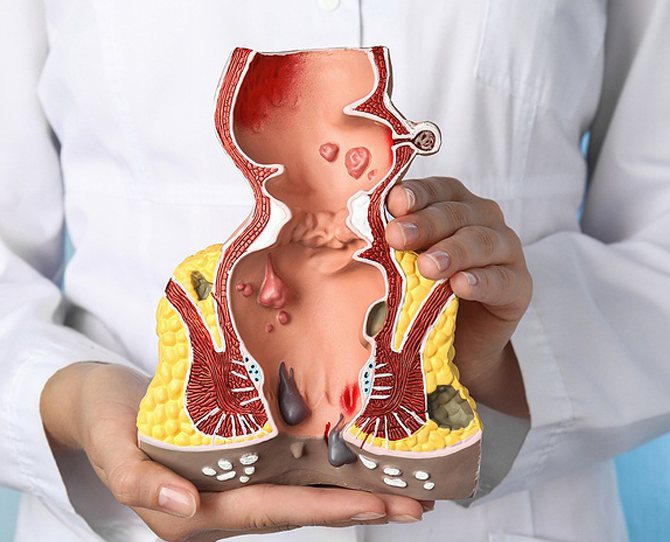


You may begin eating and drinking as soon as you get home from surgery. Start with a bland liquid diet such as Gatorade, tea, coffee, water, soup and crackers, or Jell-O. You can increase your diet slowly to a regular diet as tolerated. It is very important to avoid constipation during the recovery period. Therefore, you will be placed on a high fiber diet and should take a fiber supplement such as Metamucil or Benefiber. You should also drink plenty of liquids.
As soon as you reach home, you may resume normal ad lib activity. You are encouraged to begin walking and resuming household activity as tolerated immediately. Going up and down stairs is also Ok. You should refrain from engaging in any strenuous activity such as running, riding a bike, heavy exercising in a gym, etc. for at least 3-4 weeks. You should also avoid any heavy lifting greater than 10-15 lbs. for 3-4 weeks. After that, you may resume any activity as tolerated. Most people return to non-strenuous work within a week after surgery, but complete recovery can take 6-8 weeks.
You will have gauze dressing around your anus after surgery. This can usually be removed by the following day and left off. An ice pack can help reduce swelling. Soaking in a sitz bath (a shallow bath of warm water) several times a day helps ease the discomfort. Using a donut ring (cushion with a hole in the middle) can make sitting upright more comfortable. A small to moderate amount of bleeding, usually when having a bowel movement, may occur for 2-3 weeks following the surgery. This is normal and should stop when the anus and rectum heal. If there is any excessive pain, bleeding, swelling, green/white drainage, or fever, please call your surgeon immediately.
You may resume all your normal medications after surgery except for any anticoagulants. You should wait at least 48 hours after surgery before beginning your anticoagulants, as long as there are no signs of external bleeding or bruising. You may need to wait longer, but please consult your surgeon first.
You will experience the most intense pain for several days after the surgery. It may last up to 10 days after the surgery. You will still be sore after that for up to 3-4 weeks after the surgery. You will most likely be sent home with a prescription for narcotic pain medications among other meds. Use the narcotics as directed on the prescription. You may take less than what is indicated on the bottle, but not more. Be sure to take narcotic pain medication with food so as not to upset your stomach. You may begin to taper your narcotic medication as tolerated and discontinue them as soon as possible. As you are tapering off the narcotics, you may transition over to Ibuprofen. You should not drive or operate any mechanical equipment while on narcotic medications. Wait for at least 24 hours after discontinuing the narcotic medications before driving.
It is not unusual for patients who have been through surgery, a general anesthesia, and who are taking narcotics to become constipated. It is very important after hemorrhoid/anal surgery to avoid constipation. You will be sent home on a high-fiber and high liquid diet. You should also routinely start taking over-the-counter stool softeners such as Colace or Senokot. If you need something more than this to avoid constipation, you may need to take over-the-counter oral laxatives such as MiraLAX or Magnesium Citrate.
You should stay away from rectal suppositories or enemas. You should stay regular and have a soft bowel movement every day. If none of these measures work or if you begin to have significant abdominal pain, nausea/vomiting, diarrhea, or bleeding, please contact your surgeon immediately.
Because of swelling and the packing, some patients have temporary difficulty urinating. If there is an urgency, but the urine will not flow, a catheter is used to empty the bladder. If you are having some flow of urine, then a catheter will not likely be needed, and the difficulty with urination will typically resolve within 24-48 hours. Sitting in some warm water for a few minutes often times will help get the urine flow going.
You will be instructed as to when you should return to the office on your discharge instructions. You should call the office to schedule this. You will usually be seen again approximately 3-4 weeks after the surgery.